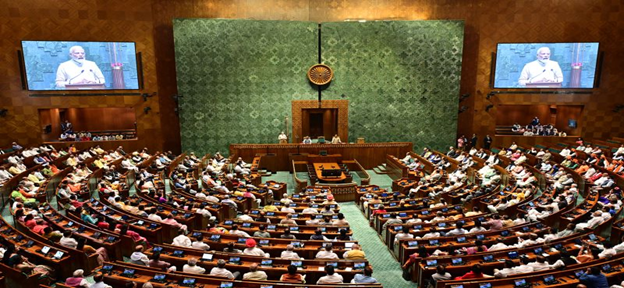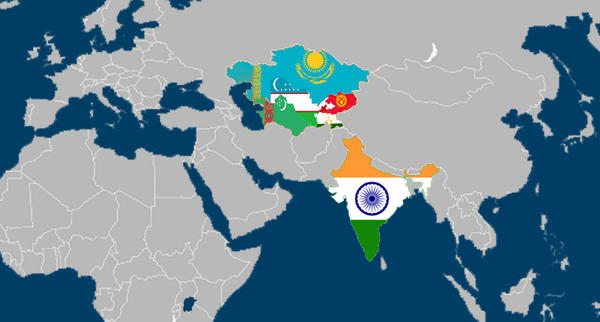- Courses
- GS Full Course 1 Year
- GS Full Course 2 Year
- GS Full Course 3 Year
- GS Full Course Till Selection
- MEP (Mains Enrichment Programme) Data, Facts
- Essay Target – 150+ Marks
- Online Program
- GS Recorded Course
- NCERT- First Ladder
- Polity
- Geography
- Economy
- Ancient, Medieval and Art & Culture AMAC
- Modern India, Post Independence & World History
- Environment
- Governance
- Science & Technology
- International Relations and Internal Security
- Disaster Management
- Ethics
- Current Affairs
- Indian Society and Social Issue
- CSAT
- 5 LAYERED ARJUNA Mentorship
- Public Administration Optional
- ABOUT US
- OUR TOPPERS
- TEST SERIES
- FREE STUDY MATERIAL
- VIDEOS
- CONTACT US
Questioning in Parliament
Questioning in Parliament
17-10-2023

Context
- Recently, a Member of Parliament has been questioned by the CBI and Lok Sabha Ethics Committee regarding allegations of 'cash for query'.
More in news
- The member permitted an individual to use their parliamentary login and password to post questions in the Lok Sabha, either for their own agenda or for compensation.
- The allegations raised concerns about the ethical conduct of parliamentarians and the potential misuse of their positions for personal gain.
What is the Procedure for Raising Questions in Parliament?
Rules in Parliament |
|
Procedure |
|
Notice Period |
|
Conditions for Question Admissibility |
|
What are the various categories of Questions?
Question Type |
Feature |
|
|
|
|
|
|
|
|
What is the significance of Raising Questions?
- Parliamentary Right: Asking questions is a parliamentary right of MPs, allowing them to exercise legislative control over executive actions.
- Functions of Questioning: This exercise enables MPs to gather information on government activities, critique policies, identify shortcomings, and encourage ministers to take actions for the common good.
- Government's Perspective: Questions offer government insights into public sentiment on policies and administration, potentially leading to the formation of parliamentary commissions, inquiries, or legislation enactment.
Way Forward
- Article 75 of the constitution grants members of the House the constitutional right to ask questions in parliament, thereby establishing a distinct Question Hour.
- Question Hours represent a direct democracy, where the people directly question the government on governance matters, and the government is obligated to answer these questions in the House.
- Officials must provide a compelling reason for the question to be disallowed, as it's difficult to access through RTIs due to House privileges and court proceedings.



